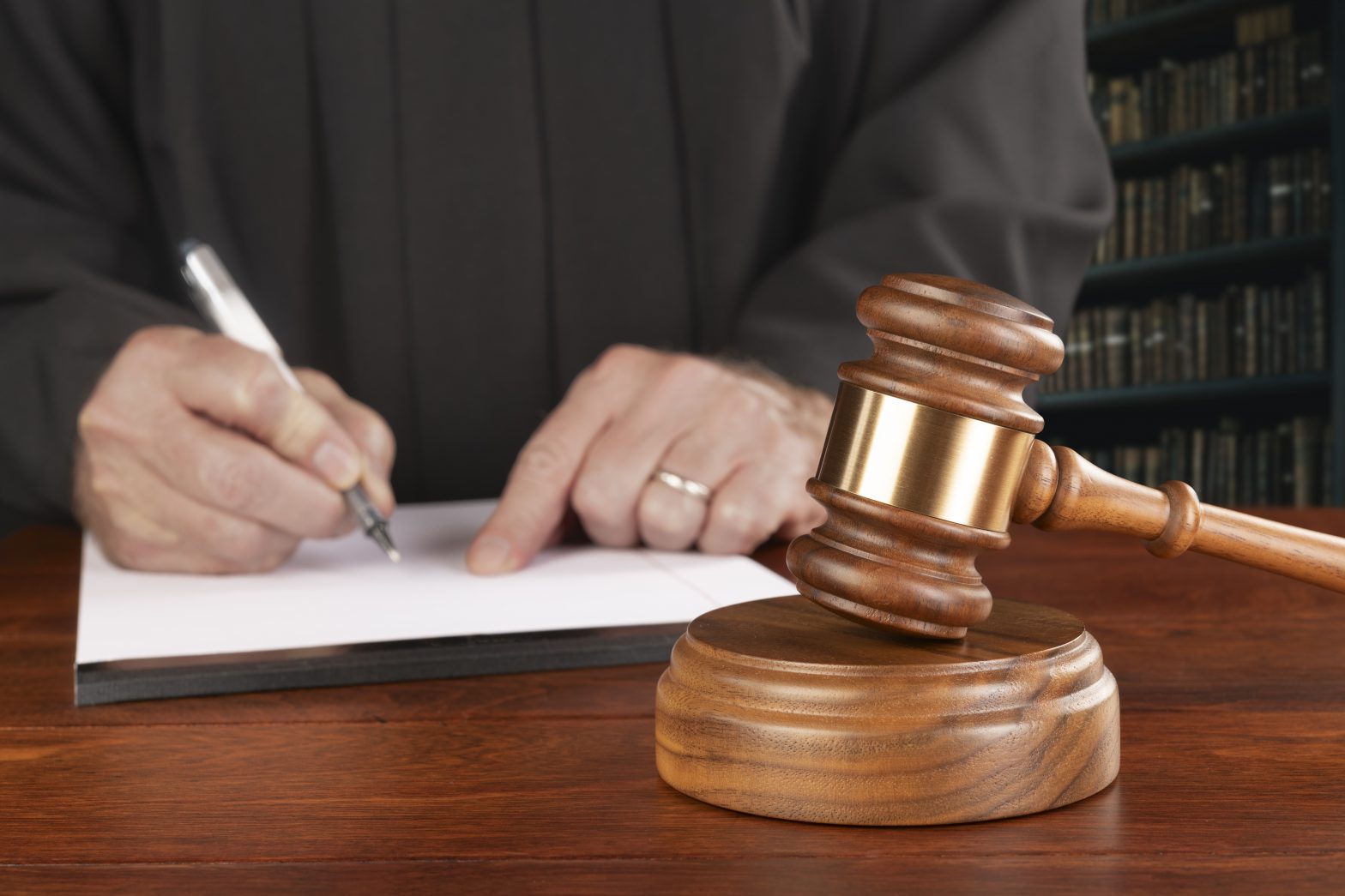Personal Representative’s Duties in Probate
Probate can be a legally binding procedure which involves the division of assets in the absence of a will. It is expensive, time-consuming and complex. The best approach to deal with the situation is to talk to an estate lawyer who can assist you in minimizing the risk of errors and make sure that the estate is properly managed.
Assets
In fact there are some assets that don’t need probate. This includes only owned vehicles, homes as well as jewelry. However, some kinds of properties, like IRAs and real property and jointly held properties may require passing via the system.
Executor’s duty or administrator
One of the primary tasks an administrator or executor has to accomplish is to figure out how much of the estate will need to undergo the probate procedure. It will be contingent upon the magnitude and extent that the estate.
Probate
Legally, Probate refers to a process that requires a court to distribute the decedent’s estate in accordance with the state’s laws. Certain states have made the process simpler by allowing certain kinds of assets to be distributed without the need for court.
During the probate process the court determines if the estate should be managed by a third party special administrator. If it is the court names one.
It is also essential to notify all parties interested in the probate. This includes friends, family members and the inheritors of deceased. There are many paperwork associated with probate, but it’s worth it for your peace of mind that it gives.


